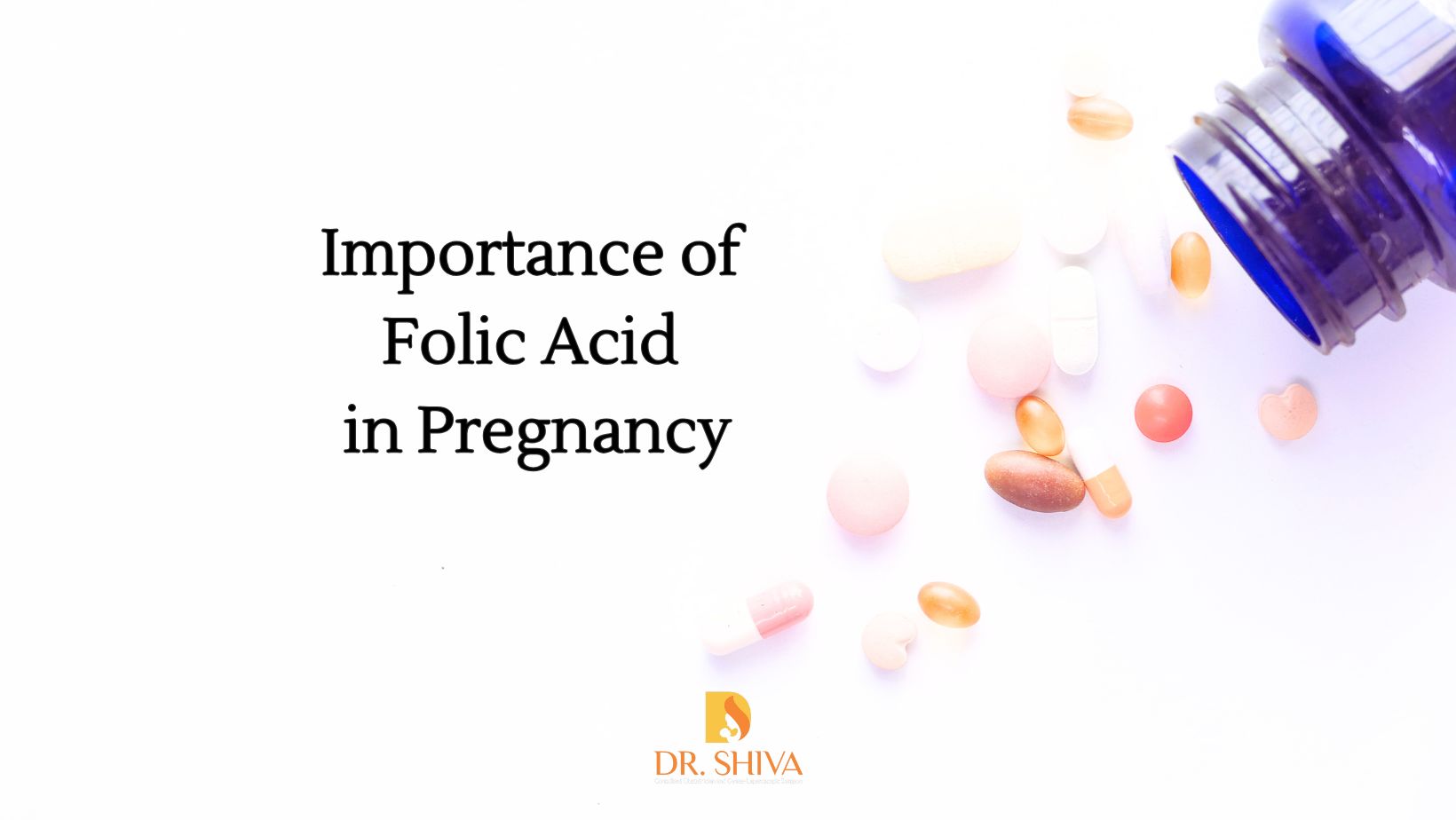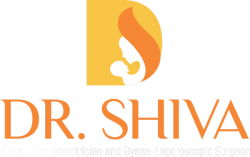
For expectant mothers, the journey to parenthood is paved with good habits and essential nutrients. Folic acid, a B vitamin, is crucial role in the early development of your baby’s neural tube, which forms the brain and spinal cord, especially during the early stages of pregnancy. During the first few weeks of pregnancy, even before you might miss a period, this neural tube is rapidly developing. Folic acid helps ensure this process happens smoothly, preventing serious birth defects like spina bifida (incomplete closure of the spinal column) and anencephaly (missing parts of the brain and skull).
Why is Folic Acid Essential for Pregnancy?
- Neural Tube Development: Folic acid plays a vital role in the formation of the neural tube, the precursor to the brain and spinal cord. Adequate folic acid intake can significantly reduce the risk of NTDs.
- Cell Growth and Development: Folic acid is involved in the production of DNA, the genetic material that controls cell growth and development. It plays a crucial role in supporting the rapid cell division and growth necessary during pregnancy.
- Red Blood Cell Formation: Folic acid helps in the production of red blood cells, which carry oxygen to the baby. A deficiency in folic acid can lead to anemia, which can affect both the mother and the baby.
When to Start Your Folic Acid Journey
The best part about folic acid is that it is proactive! Since the neural tube forms so early, ideally you should start taking folic acid at least 3 months before conception and continue throughout your first trimester. This ensures a sufficient supply in your body even before you know you’re pregnant.
How Much Folic Acid Do You Need?
Pregnant women are recommended to consume 400 micrograms (mcg) of folic acid daily to support a healthy pregnancy. Many prenatal vitamins already include this amount, but you might also need a separate folic acid supplement if your doctor advises it.
How Long Should You Take Folic Acid?
While the crucial window is during the first trimester, continuing folic acid throughout your pregnancy can still offer benefits. Some healthcare providers recommend taking it for the entire pregnancy, especially if you’re at higher risk of having a baby with a neural tube defect.
The Dangers of Folic Acid Deficiency
Avoiding folic acid supplementation poses a significant risk you should not underestimate. Here are some potential consequences of folic acid deficiency during pregnancy:
- Spina Bifida: This birth defect can cause nerve damage, paralysis, and learning difficulties.
- Anencephaly: This serious condition often leads to miscarriage or stillbirth.
- Other Neural Tube Defects: Incomplete closure of the brain or spinal cord can have varying degrees of severity.
- Increased Risk of Preeclampsia: This pregnancy complication involves high blood pressure and can harm both mother and baby.
Can You Overdose on Folic Acid?
The good news is that taking the recommended dosage of folic acid is very safe. While extremely high doses (over 1 milligram per day) might theoretically cause some side effects like digestive issues, reaching those levels through supplements or fortified foods is highly unlikely.
Recommendations for Folic Acid Intake During Pregnancy
- Before Conception: It is recommended that women of childbearing age consume 400 micrograms (mcg) of folic acid daily, even before becoming pregnant. This can help reduce the risk of NTDs in the event of an unplanned pregnancy.
- During Pregnancy: Once pregnant, women should increase their folic acid intake to 600 mcg per day. This higher dosage can further reduce the risk of NTDs and support the baby’s development.
- Fortified Foods: Many foods, including fortified cereals, bread, and pasta, are enriched with folic acid. These can be a convenient way to increase your intake.
- Supplements: In addition to fortified foods, prenatal vitamins often contain folic acid. Consult your healthcare professional to determine whether a supplement is appropriate for you.
Commonly Asked Questions About Folic Acid:
- Do I need folic acid if I’m not planning to get pregnant?
Folic acid is important for overall health, cell growth, and red blood cell production. While crucial for pregnancy, it can benefit everyone.
- Can I get enough folic acid from food alone and what are some good food sources of folic acid?
It’s possible, but difficult. Rich sources include leafy green vegetables like spinach, kale and asparagus, lentils, beans, and fortified grains. However, consistently meeting the recommended daily intake through food alone might be challenging.
- Who is at higher risk of having a baby with a neural tube defect?
Women with a family history of these defects, those with diabetes, and women who take certain medications are at a higher risk. Ensure to discuss them with your doctor.
- Should men also take folic acid?
While men do not have the same risk of NTDs as women, consuming folic acid can still be beneficial for overall health. It can support sperm health and may increase fertility.

